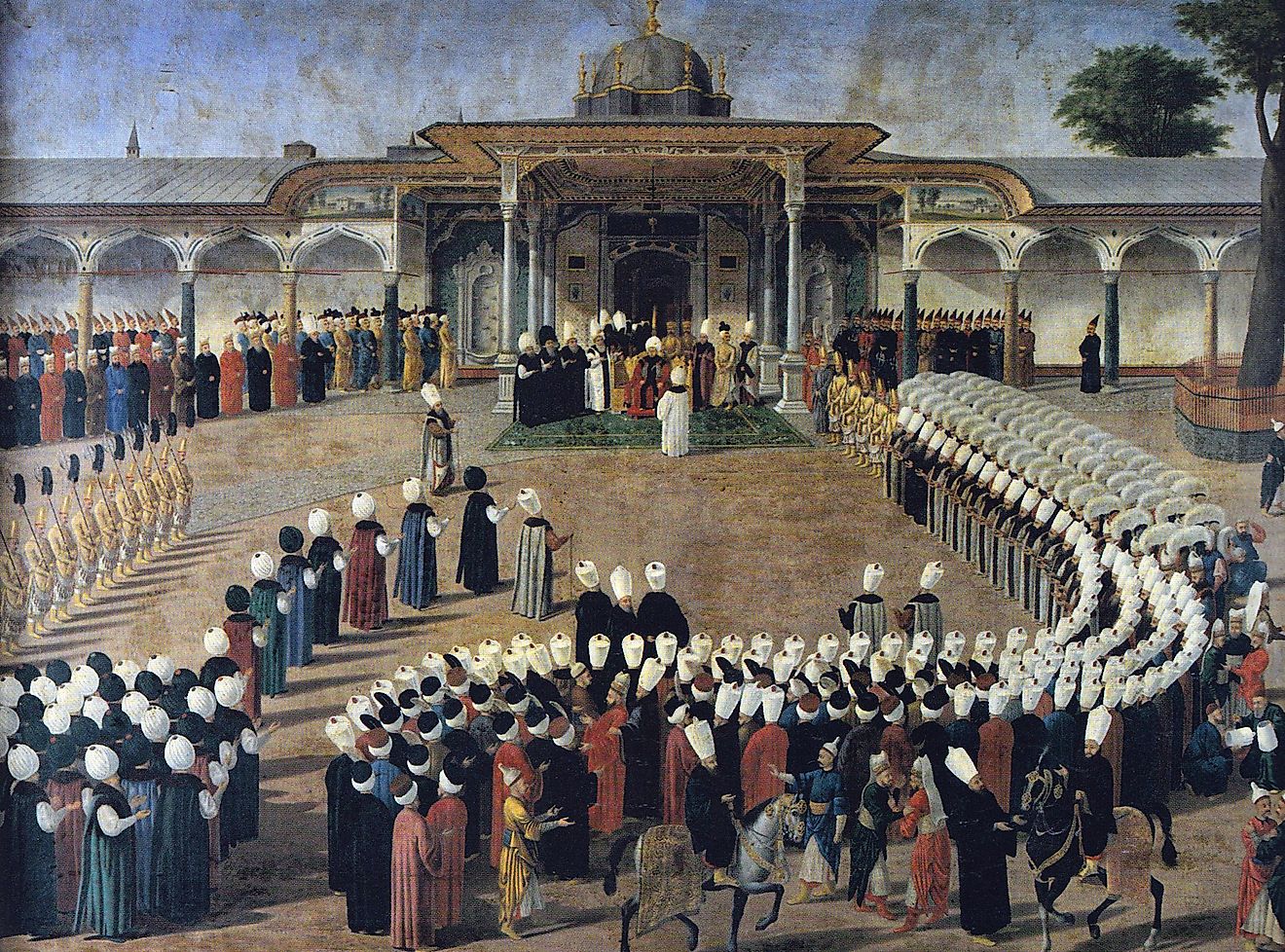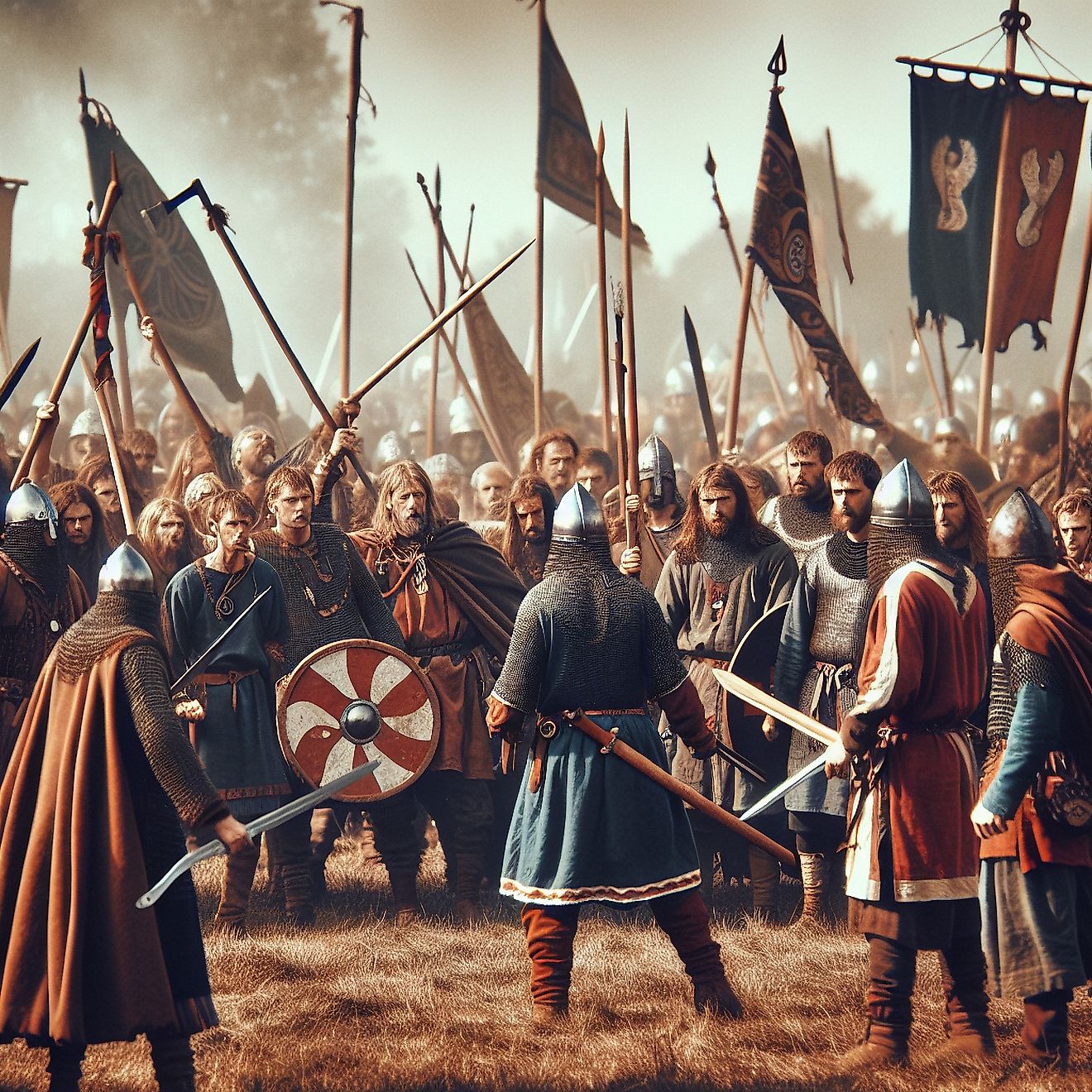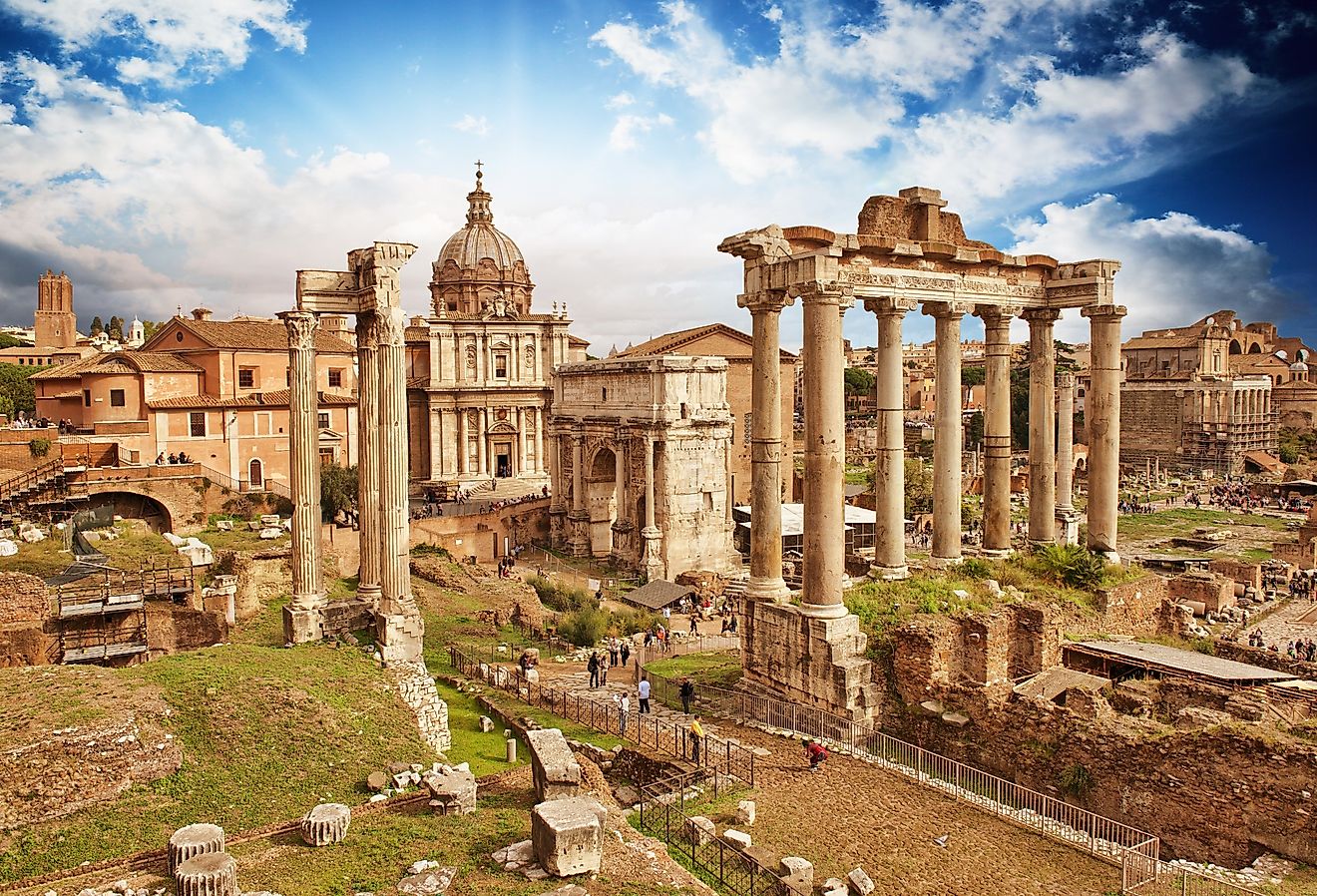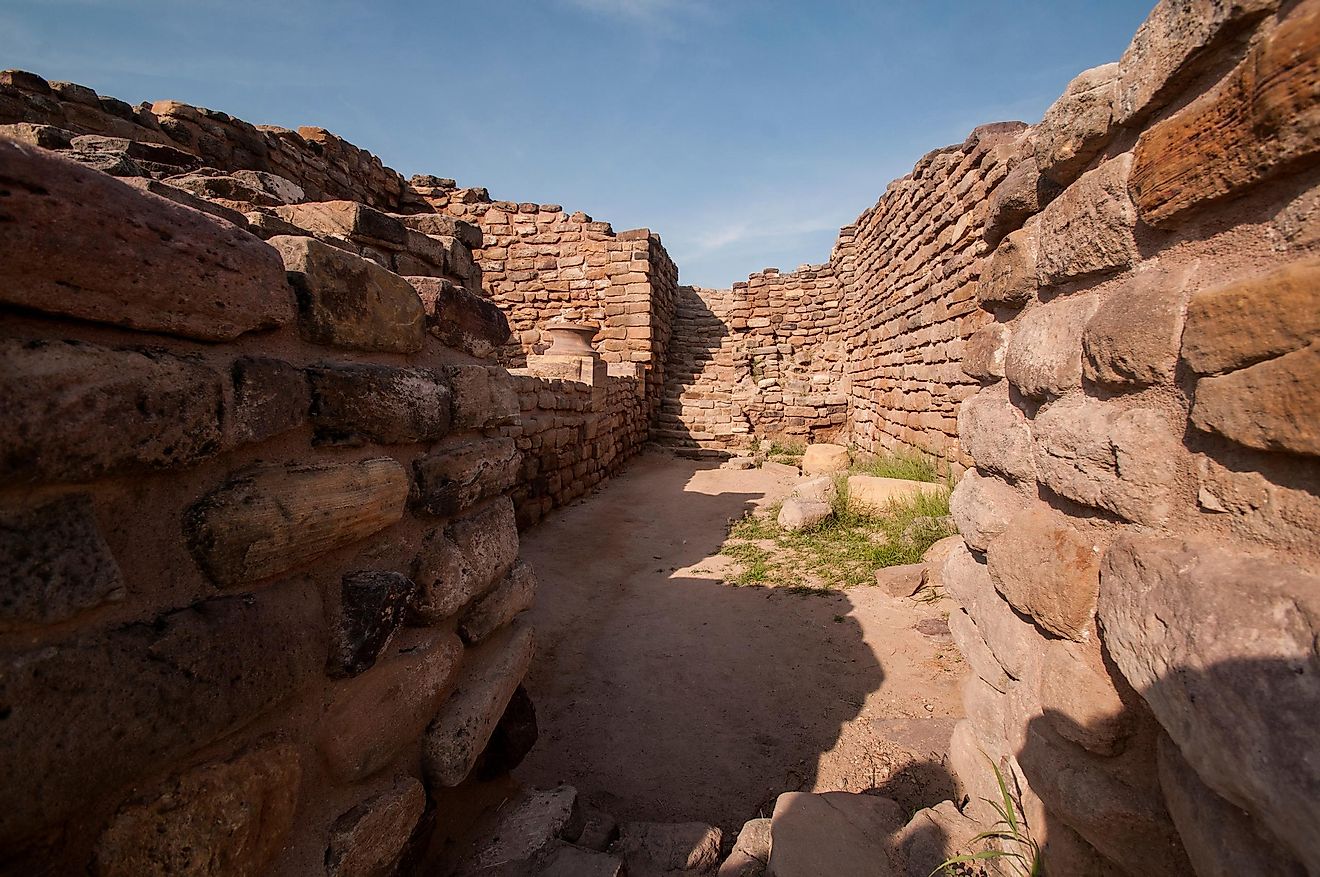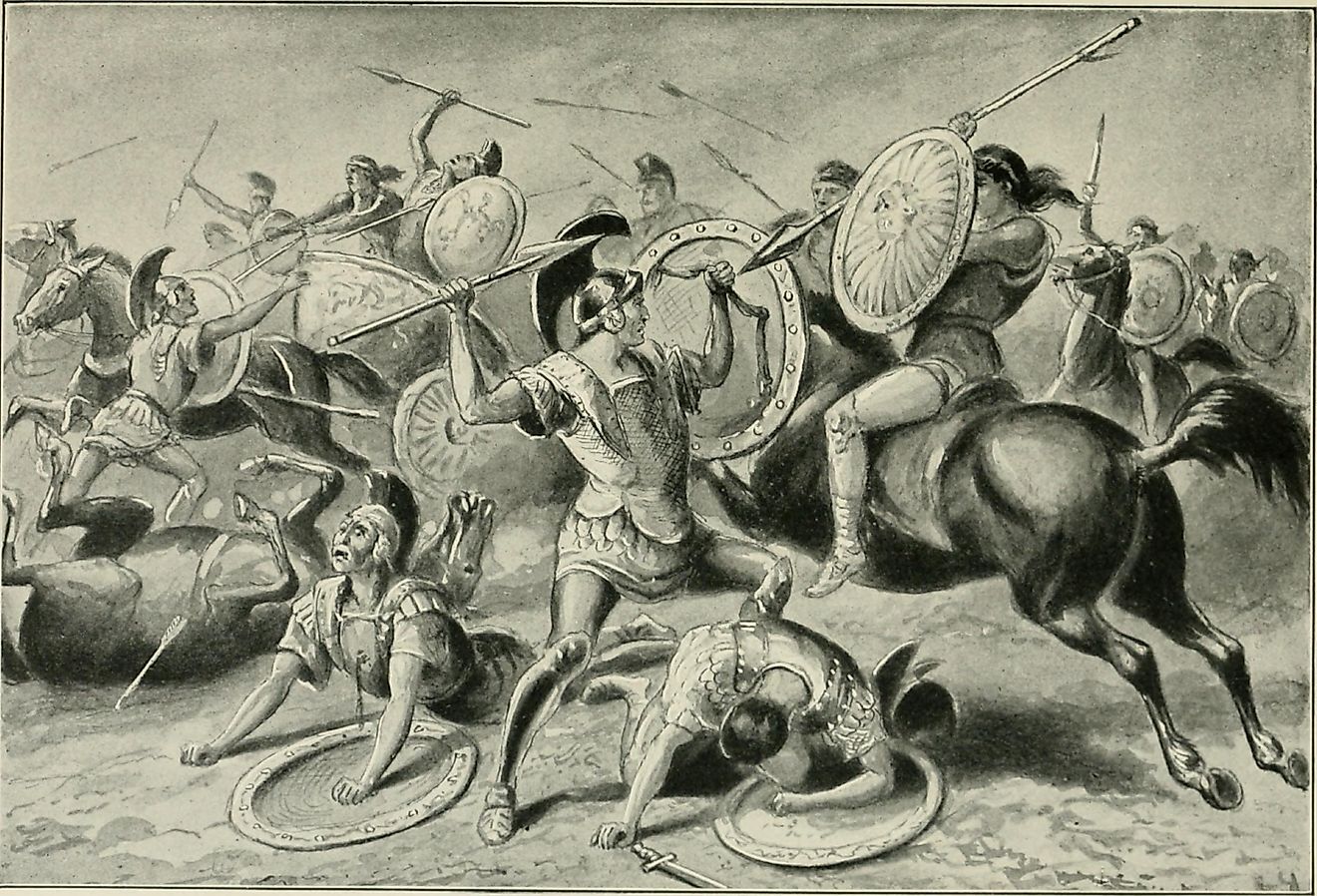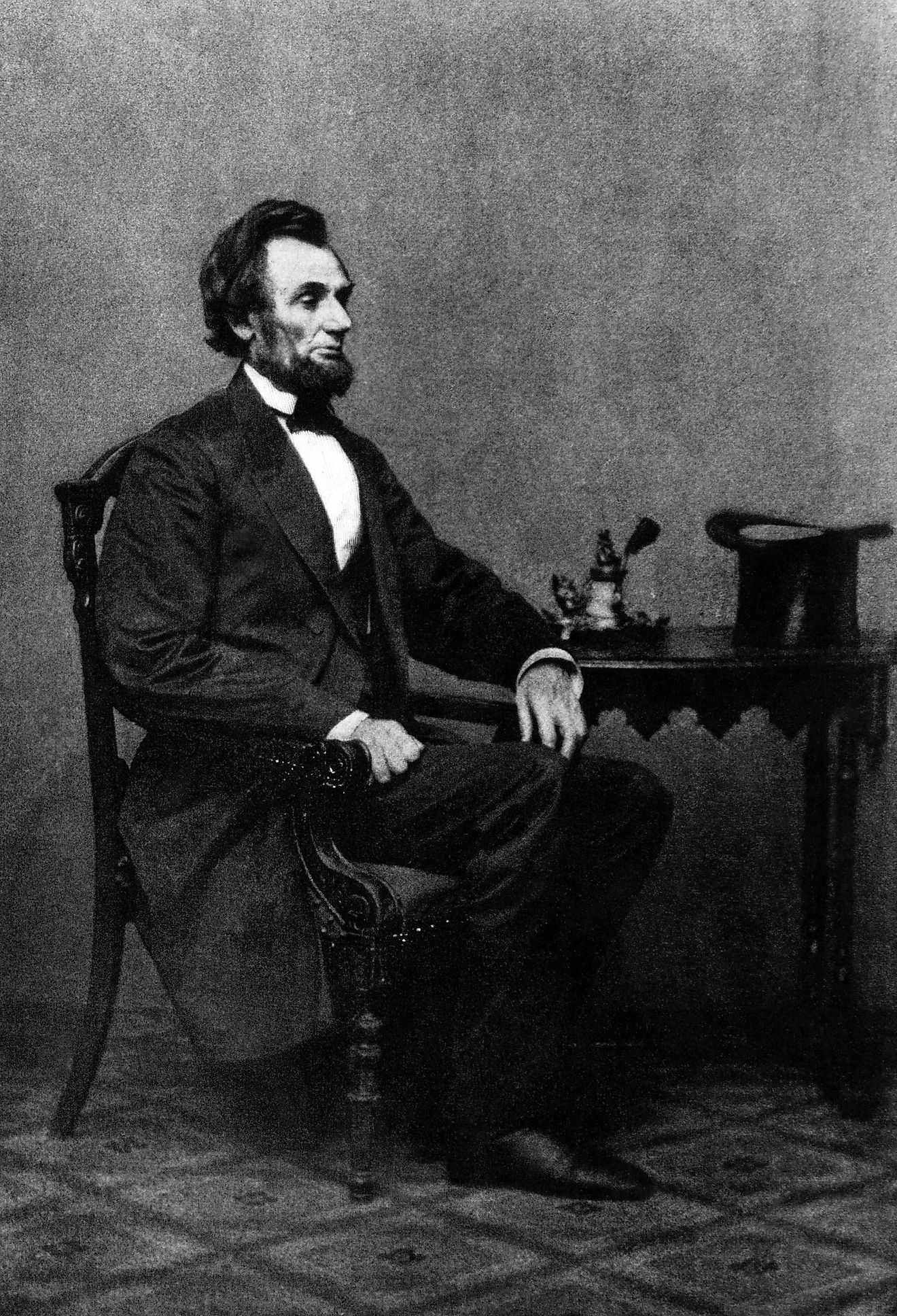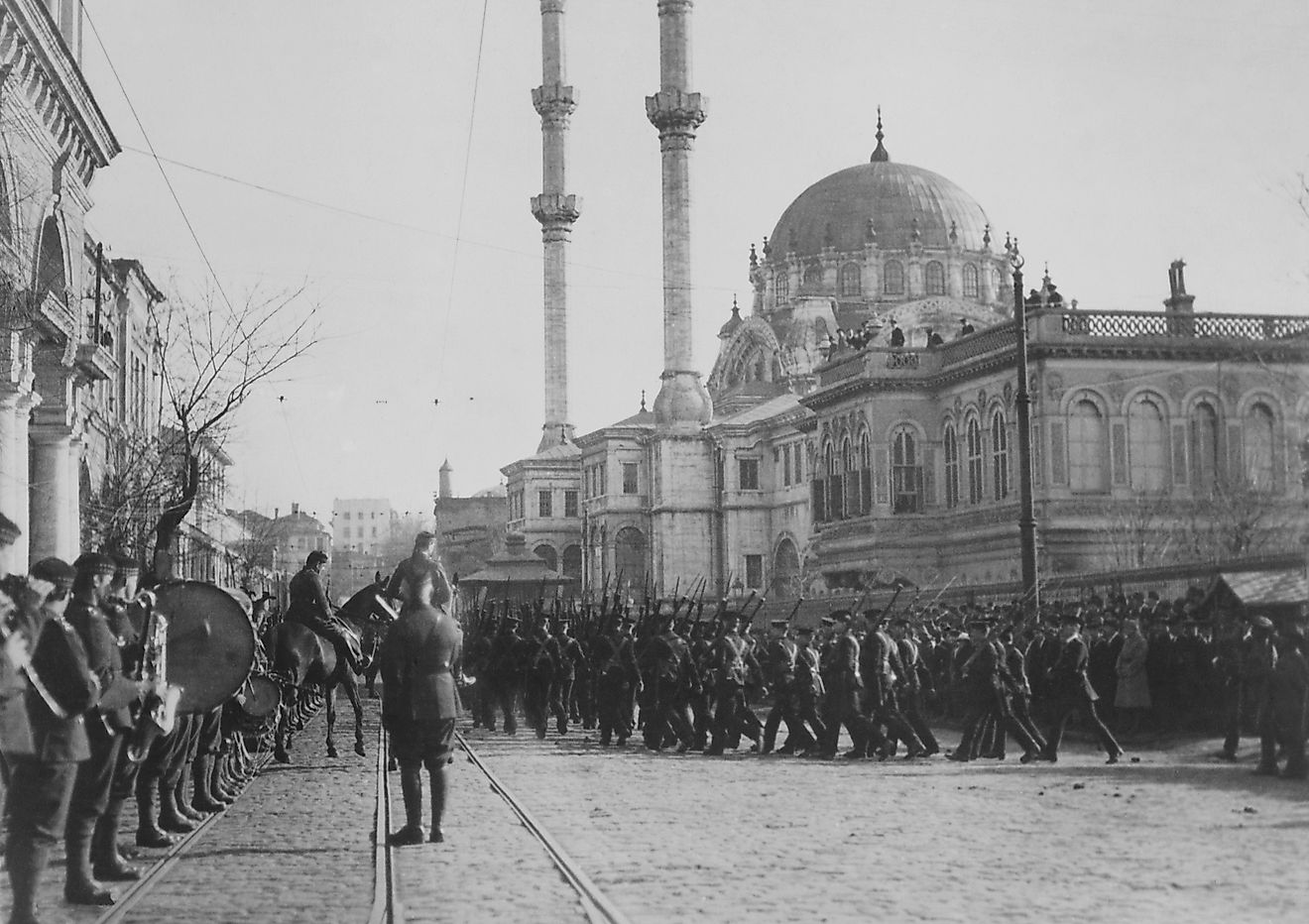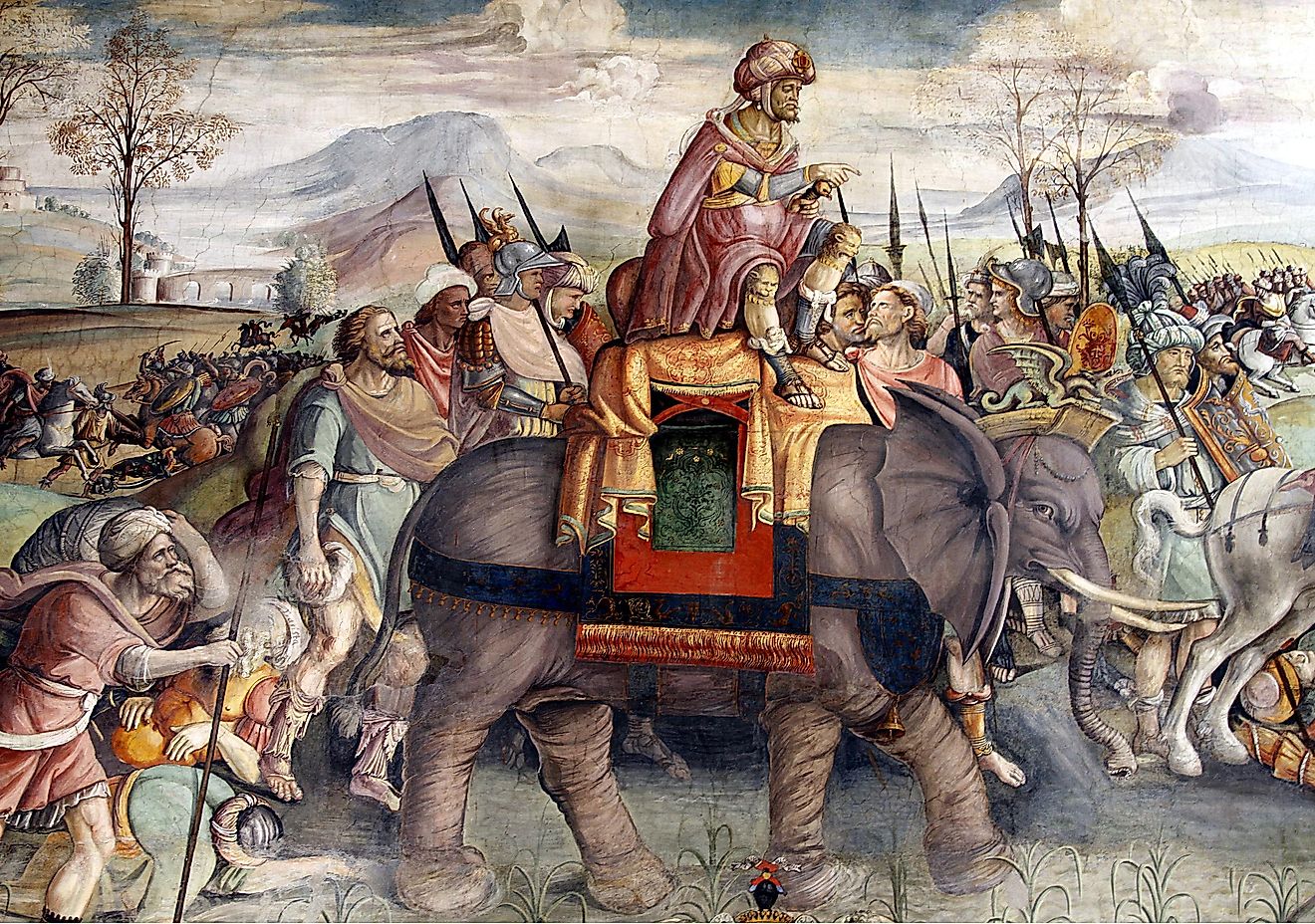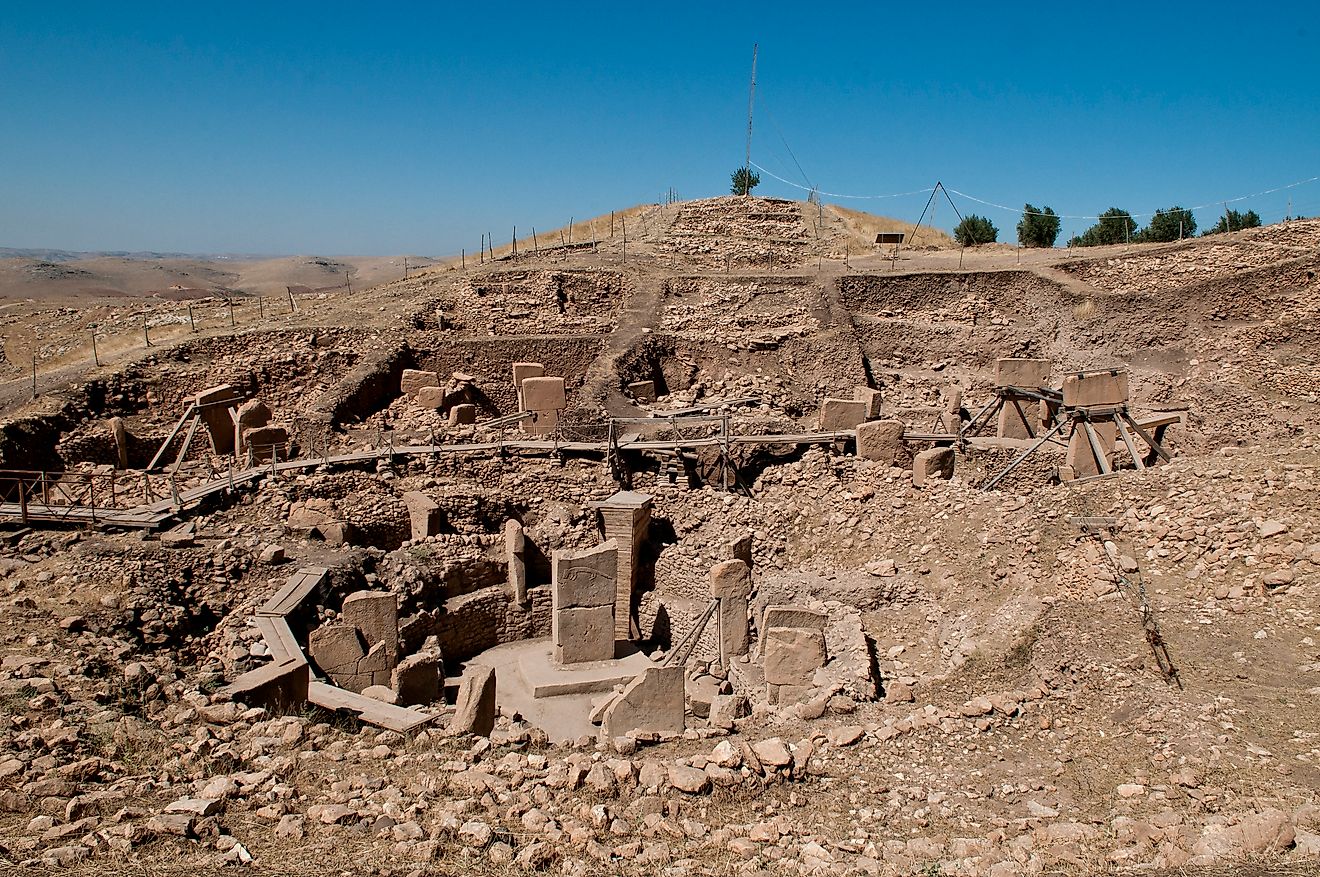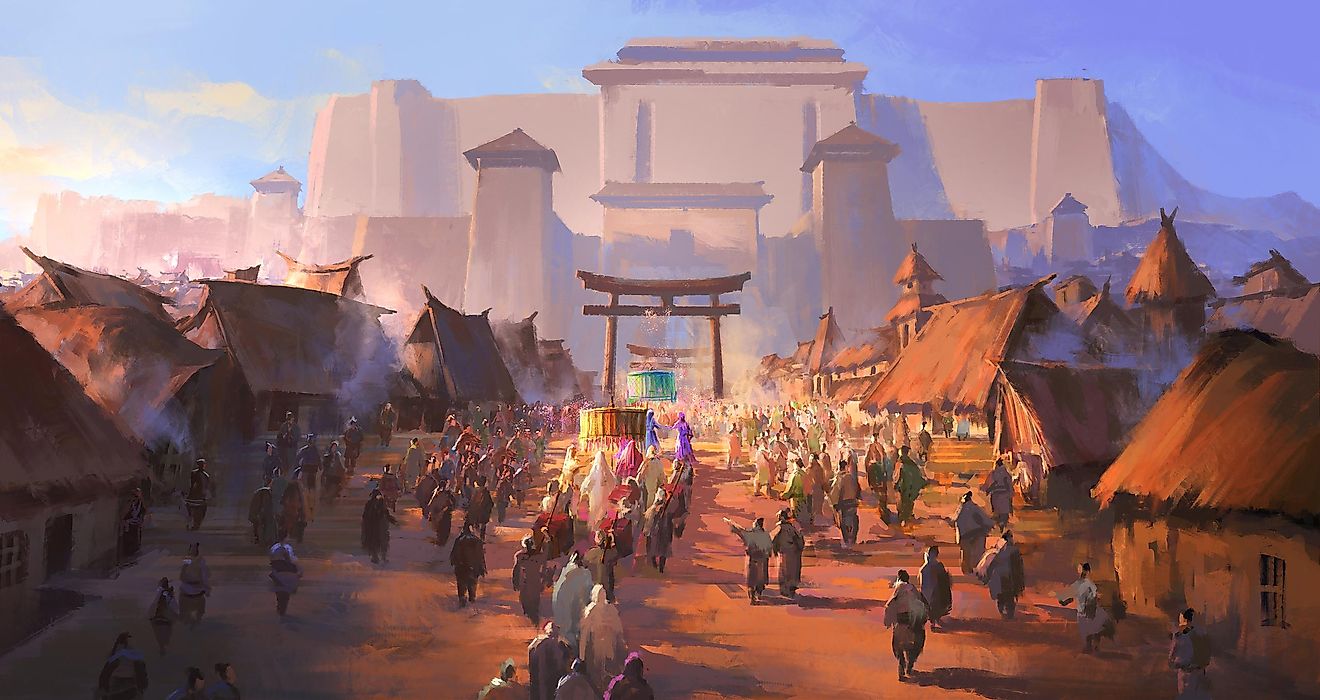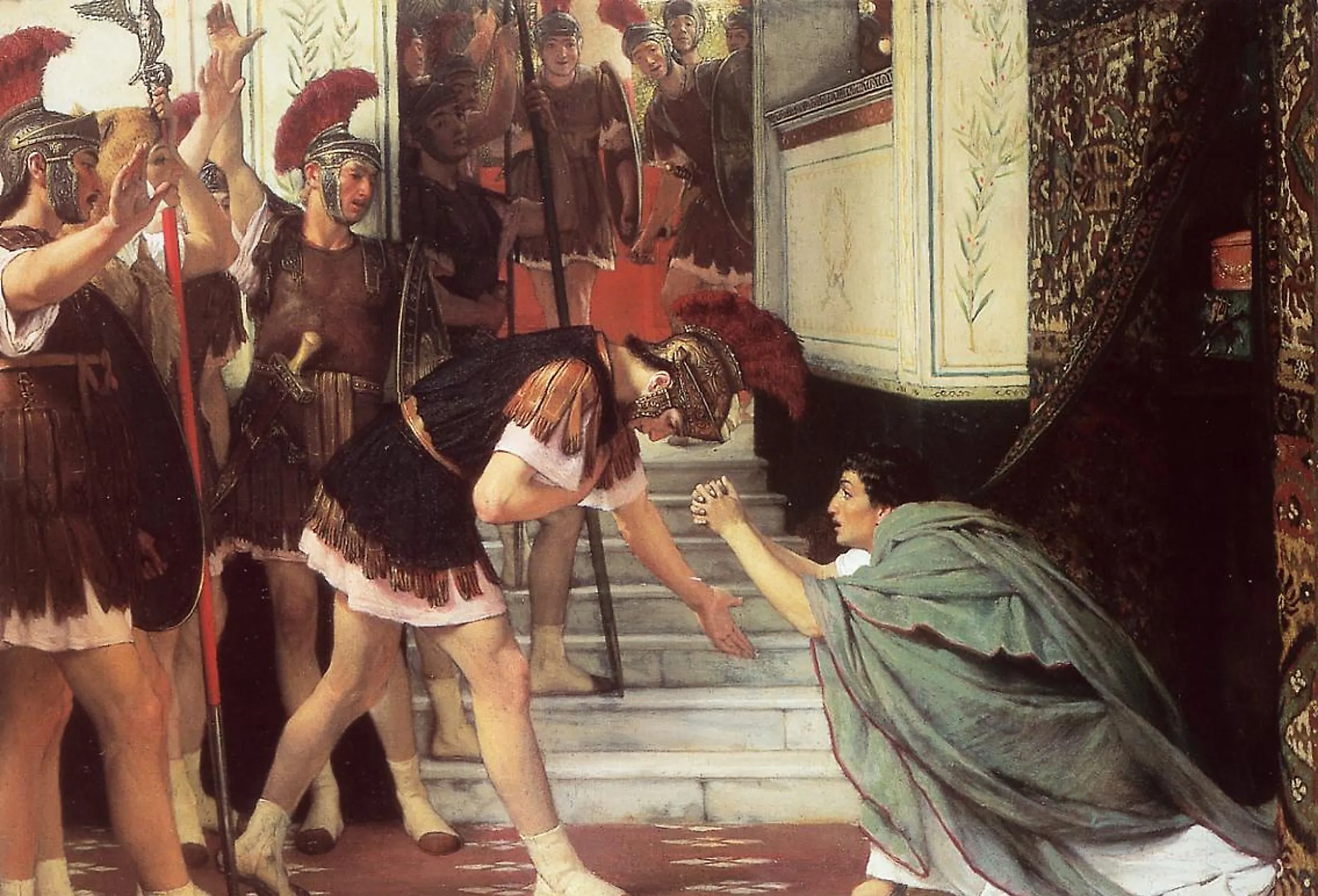
The Elite Special Forces of Ancient Rome
Much like modern militaries, the famed Roman Empire had its own version of special forces as well. While they did not act in a similar fashion as the SAS or Spetsnaz, they were still highly specialized units handpicked to perform some of the most important jobs within the empire. The best Rome had to offer was the Praetorian Guard. The creation of this unit and how its purpose changed eventually had a drastic and detrimental impact on the inner workings of the Roman Empire. Not only did this unit become one of the most feared in Rome, but it also held the keys to who became the most powerful man in the Ancient World.
The Formation of the Praetorian Guard
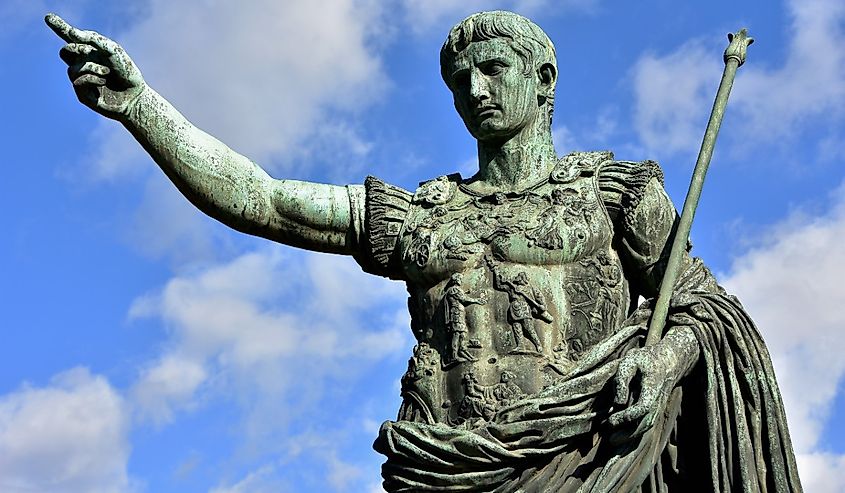
The origins of the Praetorian units trace back to the Roman Republic. Prominent figures like Julius Caesar and Scipio Africanus often had a select group of bodyguards by their side during travel or military campaigns. The formal establishment of the Praetorian Guard occurred in the early Roman Empire. When Augustus became the first emperor of Rome in 27 BCE, he created this unit for his protection against political rivals and unruly crowds.
Throughout their existence, the Praetorians consisted of 4,500 to 15,000 soldiers. In the early days of the unit, each soldier was carefully selected from among Rome's toughest and most experienced legionnaires. By 23 CE, the Praetorians had established their own headquarters in the fortress known as Castra Praetoria, situated on the outskirts of Rome.
Not Your Average Soldier
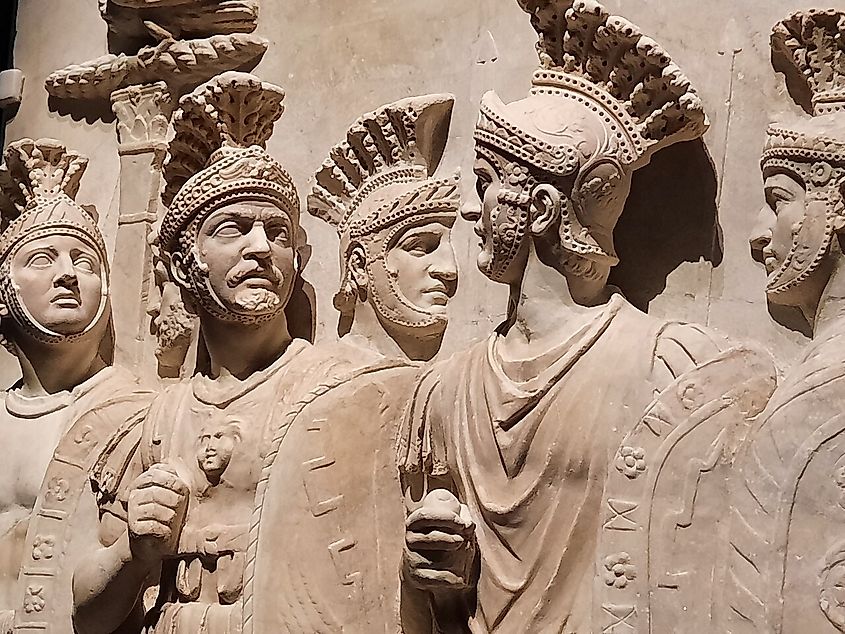
The Praetorian Guard likely played a significant role in the Great Fire of Rome in 64 CE. Unlike modern special forces, the Praetorian Guard rarely engaged in combat. Emperors typically did not venture close to the battlefield, much less participate in battles themselves. Instead, they usually remained in Italy or Rome throughout their reigns. With few enemies to confront, emperors sought alternative functions for the Guard, aside from removing troublesome political adversaries.
In the densely populated slums of Rome, fires were a constant hazard. Entire neighborhoods could be reduced to ashes overnight if the fire brigade did not respond swiftly. To tackle this ongoing issue, numerous Praetorians were integrated into these early emergency response teams. This not only helped manage fires but also acted as a successful public relations tactic for the emperor. When citizens witnessed their own bodyguards battling a blaze in their vicinity, it cultivated a perception that the emperor genuinely cared about their safety.
These soldiers often acted as crowd control at major public games. During festivals and gladiatorial events, the emperor's bodyguards helped maintain order among the rowdier spectators. There's even evidence suggesting that some Praetorians participated in the games, entering the Colosseum to battle lions and elephants.
Secret Police
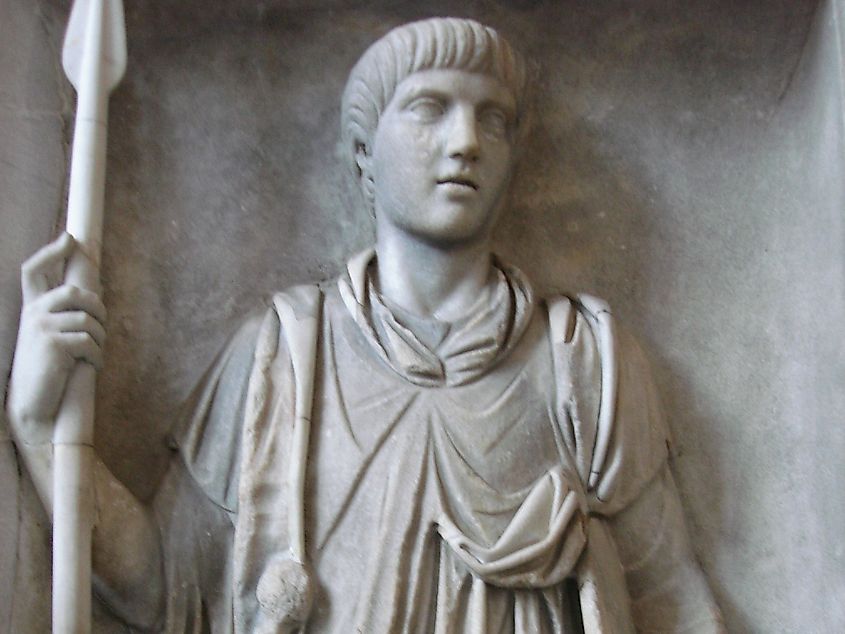
One of the more common functions of the Praetorians was their role as secret police. Being the most powerful man in the world came with a lot of enemies. So the emperor was never in short supply of people who needed to be extorted, spied on, tortured, exiled, or killed to maintain power. There are plenty of examples of Roman emperors using their bodyguards to round up thousands of political rivals in mass arrests. Nero was infamous for using his Praetorians to coerce rich landowners into handing over their wealth to the state.
The Praetorians were deeply involved in the political intrigue of the empire. Roman senators, generals, and other members of the aristocracy knew better than to get on the bad side of the emperor's bodyguards. Falling out of favor with either the emperor or the guardsmen was not conducive to a successful life in Ancient Rome.
Degeneracy and Corruption
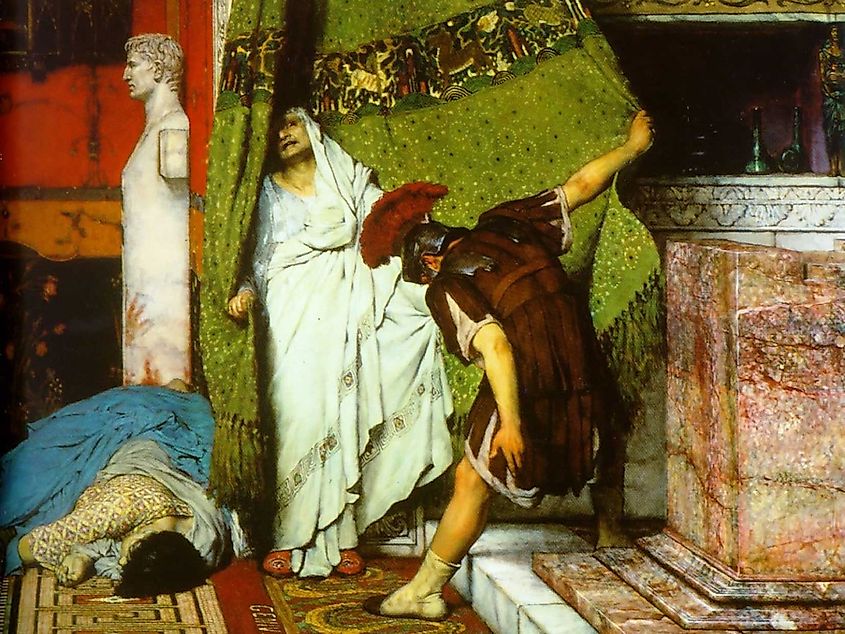
It was not long before the once well-respected and prestigious Praetorian Guard fell into a state of chaos and disarray. Since each soldier within the Praetorians was handpicked by the emperor himself, a position within the unit soon became a place for the sons of senators and political allies. The emperor selected candidates in order to gain good favor among the who's who of Roman society.
The recent appointees lacked the martial skill and discipline that Rome once boasted. Many were corrupt, immoral individuals who preferred to indulge in brothels and taverns, squandering their substantial salaries on wine and prostitutes. Their previously esteemed status as elite fighters diminished as they engaged more frequently in battles during revolts and civil unrest. Numerous instances during the civil wars between reigning emperors and rebellious generals demonstrated that ordinary legionaries could effortlessly defeat the allegedly invincible Praetorian Guard.
A Danger to Rome and the Emperor
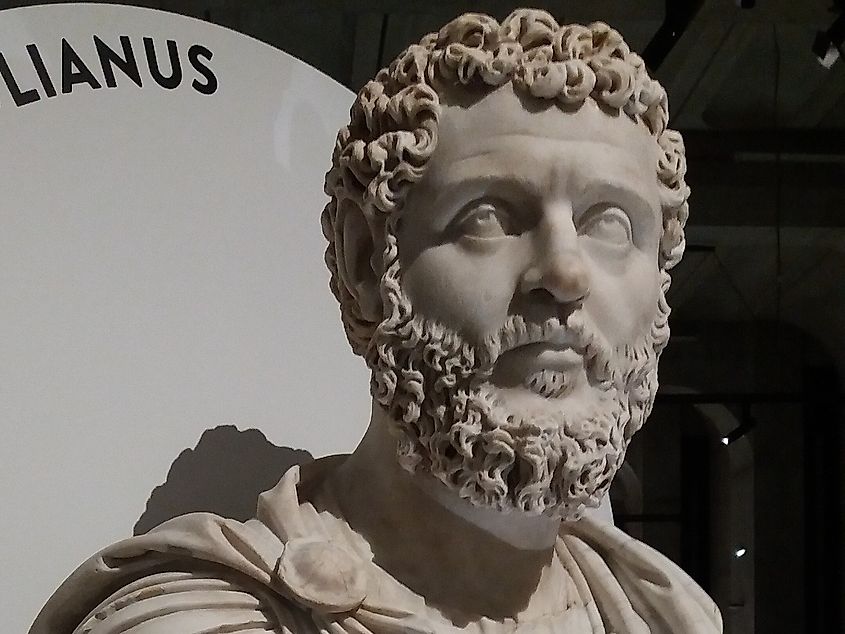
Perhaps the biggest legacy the Praetorian Guard has left behind is their affinity for bribes and willingness to betray their emperor for their own benefit. In an ironic twist of fate, not long after the Praetorians were established, they soon became one of the biggest threats to the emperor's life. The Praetorian's loyalty was notoriously fickle and could be swayed by just about anyone with enough money or influence to do so. Over the unit's 340-year existence, they were directly responsible for assassinating 13 emperors.
In 193 CE, after the assassination of Commodus, the Roman senate elected Pertinax to rule. Pertinax was not unaware of the unreliability of the Praetorians and decided to pay them all exorbitant amounts of money in order to secure their loyalty. In a particularly extraordinary display of treachery and greed, the Pratorians took the bribe and killed Pertinax anyways.
With the throne now empty, the Praetorians offered up the imperial throne to the highest bidder. Didius Julianus, one of the wealthiest men in the Roman Empire, promised the Praetorians a small fortune for each soldier and was given the title of emperor. However, when they discovered he did not have the money to pay them all, they killed him as well.
An End to the Chaos
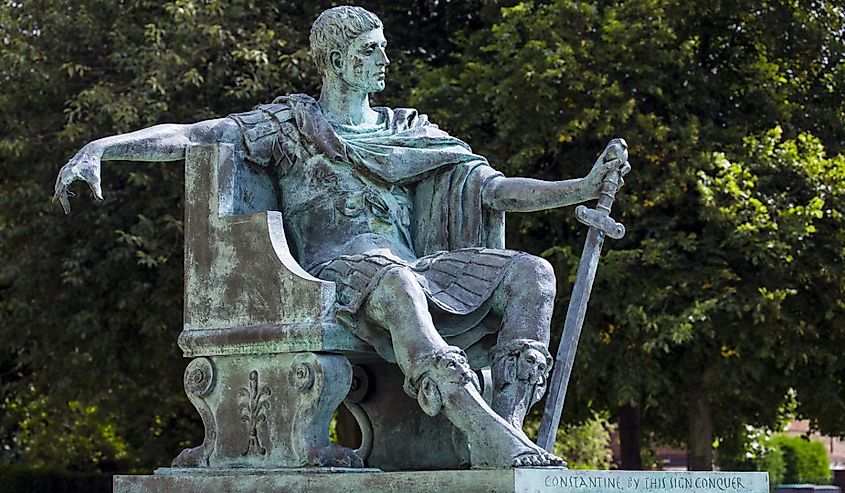
In the 3rd century, there is much less mention of the Praetorian Guard. While some historians believe they started to fade into irrelevancy thanks to the reforms made by Septimius Severus, others argue that due to the endless turmoil and conflict in the 3rd century, the Praetorians had little in the way of influence. This was thanks to the sheer number of pretender emperors who emerged from the legions stationed far away from their power base in Rome.
During the short reign of these military emperors, they often had their own private bodyguards, composed of soldiers from the legions they led. Relying on the untrustworthy Praetorians made little sense when they had plenty of loyal men around, who were far less likely to betray them.
In 312 CE, after the famous Battle of Milvian Bridge, the victorious Constantine the Great marched into Rome and permanently disbanded the unit once and for all. Constantine ensured that they would never challenge his reign by scattering the unit's men across the many legions stationed throughout the empire. He even went so far as to dismantle their once great symbol of power at Castra Praetoria.
Summary
The Praetorian Guard was a far cry from being the Ancient World's version of SEAL Team 6. They served a multi-purpose role within Roman society and rarely saw combat, at least when compared to the regular legionnaires stationed on the frontier. The Praetorians played a significant, and some would say detrimental role within Roman politics and were often the source of much of the empire's turmoil and political strife in the later 2nd and early 3rd centuries.
Some historians argue that they only were only involved with the assassinations of incompetent emperors. And while even if this is true, the fallout and political instability did not do any favors for Rome in the long run. With so much chaos stemming from their greed and lust for power, it is safe to say that the Praetorian Guard played a meaningful role in the slow decline of the Roman Empire.
